Making its predecessors proud, Kingdom of the Planet of the Apes delivers a gripping story, incredible visuals, and powerful performances that pave the way for this franchise to evolve.
Kingdom of the Planet of the Apes Review
It's been over 55 years since Planet of the Apes debuted and Kingdom marks the tenth entry in the franchise. Looking back, this series has undergone a lot of growth since the original that fascinated so many. It's shifted between serious sci-fi epic and campy over the years. The four sequels to the first film pushed all sorts of boundaries, adding in time travel, people living within the Earth, and more. While the more recent 20th Century reboot trilogy– Rise of the Planet of the Apes, Dawn of the Planet of the Apes, and War for the Planet of the Apes– opted for a more serious, survival-thriller tone giving us what many would say is one of the best reboots of all time.
Kingdom of the Planet of the Apes continues the legacy by marrying together visual stylings of both the original and the reboot, while maintaining the more thrilling, action-drama tone of the reboot. Although legends of Andy Serkis‘ Caesar remain (and are distorted for apes' purposes) this is not about him or his world. Set “several generations” after War, Kingdom is a coming-of-age, quest adventure, story told amidst the ruins of the human world. When Noa (Owen Teague), a young ape from the Eagle Clan, has his world burned to the ground in front of him, he sets out on a journey to save his family from the ruthless apes led by Proximus Caesar (Kevin Durand), who kidnapped them.
Along the way he meets Raka (Peter Macon), a kind and wise Orangutan, who follows the teachings of Caesar. He passes on some valuable information to Noa about the history of humans and apes– “important.” They soon realize they are being followed by a young human woman, Nova/Mae (Freya Allen), who eventually stops hiding and joins them. She is not like the other “Echoes” Noa has heard about. She is intelligent, wears pants, and the biggest shock of all, she can talk. By embarking on this journey, Noa's beliefs are put to the test and hard truths come to light.
Directed by Wes Ball, with a screenplay from Josh Friedman, Kingdom explores the meaning of morality, compassion, and understanding while also looking at what happens when the teachings of a prominent figure become warped and corrupted by the masses. All in all it is very straightforward and without any glaring plot holes, save some questions one might have to the more grander ideals, specifically what does a world of cohabitation actually look like? Despite throwing some things up in the air, it is clear that like Rise, Kingdom could be the jumping off point for another set of films where those questions are fleshed out and answered. By doing so, it stands on its own in the franchise while also paving the way for it to evolve (pun intended).
Visually, Kingdom wows from start to finish, imbuing the screen with imagery from the '60s and '70s era films as well as the 2010s trilogy. From the humans treated like animals and the large ape colonies to seeing Noa and his friends swinging around their home, it all evokes the older films' style, almost as if you were watching one but with modern CGI. Whereas the characters themselves and the way the performances are captured, as well as the tone of the story, all bring to mind Caesar's trilogy. Ball, who is no stranger to grand sci-fi epics, has taken what he learned with The Maze Runner films to weave these stylings together for an impressive visual feast.
Of course special effects would be nothing without some incredible, powerful performances. Add-on to the emotions involved with bringing these characters' stories to life the fact it was done in motion-capture suits and you can't help but be in awe of what they accomplished. Teague does a good job conveying the frustrations and fluctuating feelings that are the cornerstones for any coming-of-age character. Like Caesar, Noa finds himself in a situation he didn't ask to be a part of which forces him to man err ape up or lose everything and everyone he cares about. He runs the gamut in terms of feelings from carefree to guilt-ridden to angry and beyond. Teague sells it all in his mannerisms and facial expressions, particularly his eyes.
Allan gives a mostly silent performance but she makes it work. She avoids the pitfalls of other humans found throughout the franchise to make Mae interesting. We want to know her history just like we want to know the history of Noa and Proximus' clans. Friedman has our attention with this and that itch of curiosity will hopefully get scratched in future installments. Durand is wickedly good as the narcissistic Proximus Caesar, an ape who embodies sadistic charm. But it's Macon's Raka who steals not just his scenes but the film as a whole. He's that crazy Uncle we all love, who tells the best stories and has the best treats. Macon's eyes, reactions, and body language often say more than his words. If you find yourself laughing out loud during the film, I guarantee Raka is the cause.
Ball and team take their time fleshing out this new(ish) world and characters which means Kingdom itself takes a bit to get going. But once it does, it never looks back. The charm of its characters and momentum of the story draw you in until the stellar climatic showdown. Thankfully this helps to dispel any feeling of bloat in the runtime, unlike some other big spectacles in the last year. (There are too many to name here, but I'm sure you know who I'm talking about.)
VERDICT
Kingdom of the Planet of the Apes is a sprawling adventure that delivers a gripping story, incredible visuals, and powerful performances that pave the way for this franchise to evolve. Despite how it questions what legacy means, it never demeans or subverts what came before it. Wes Ball's approach honors the entirety of the Apes lineage while showcasing there is still rich ground to explore. The hints at what is to come will have fans crying out for more. Maybe when Ball is done with Legend of the Zelda he can helm another outing in what promises to be a fascinating trilogy.
Kingdom of the Planet of the Apes releases in theaters on May 10. The film is 145 minutes long and rated PG-13 for intense sequences of sci-fi violence/action.
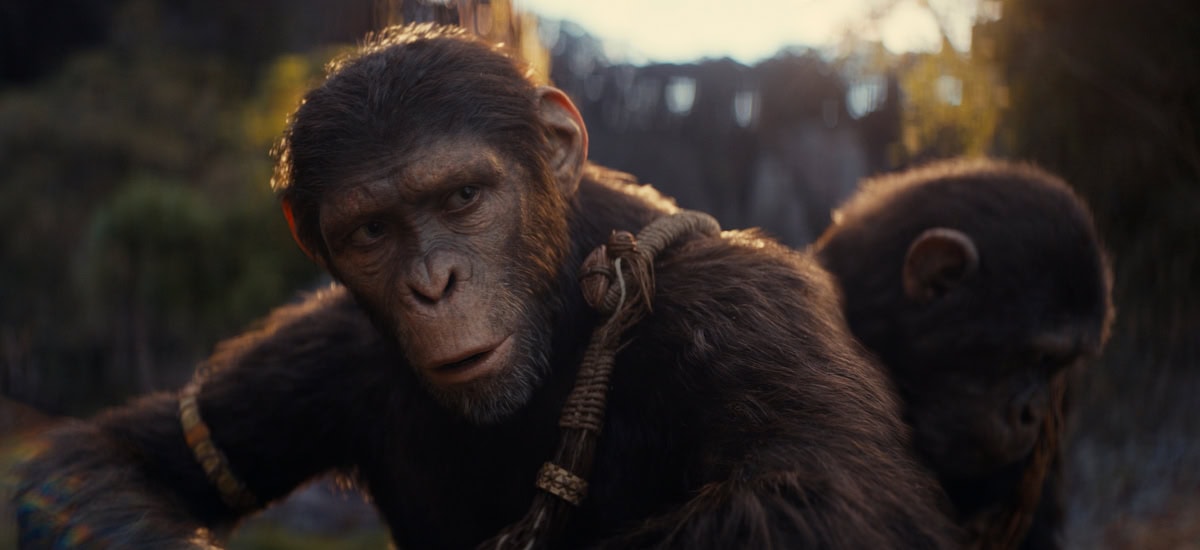
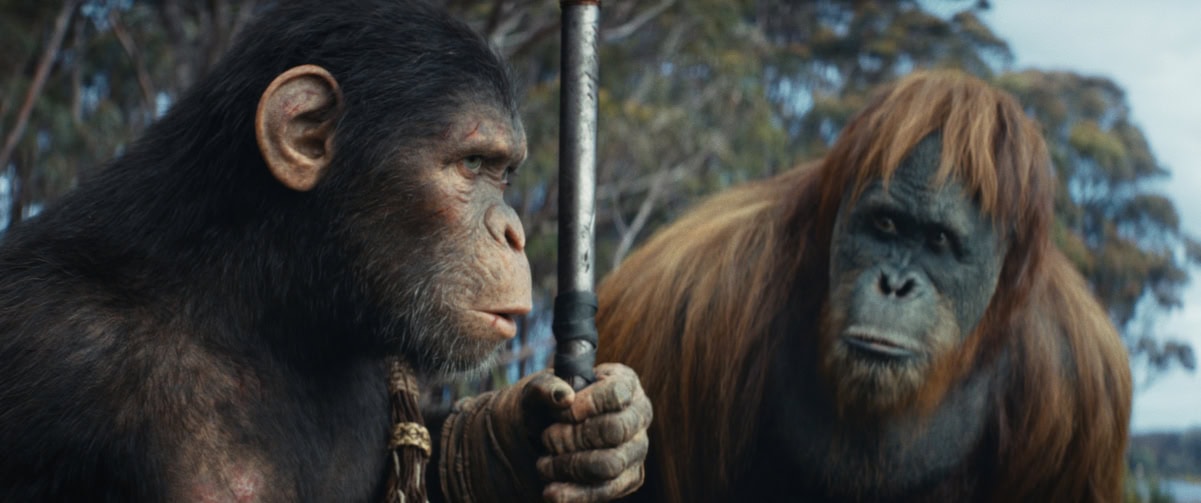
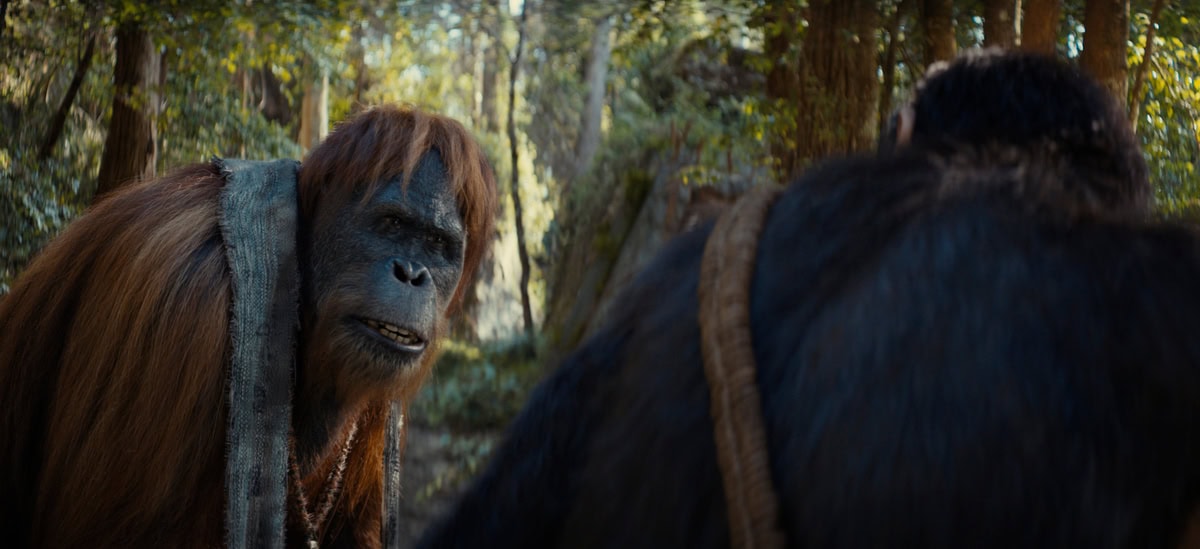


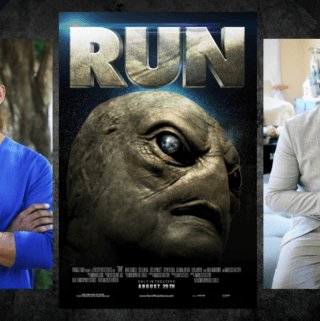

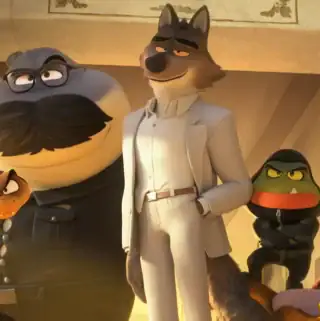
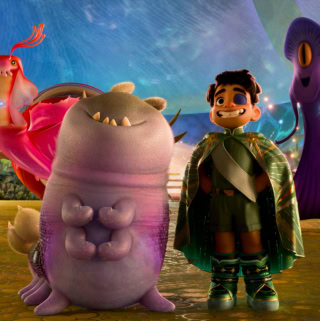
Leave a Reply